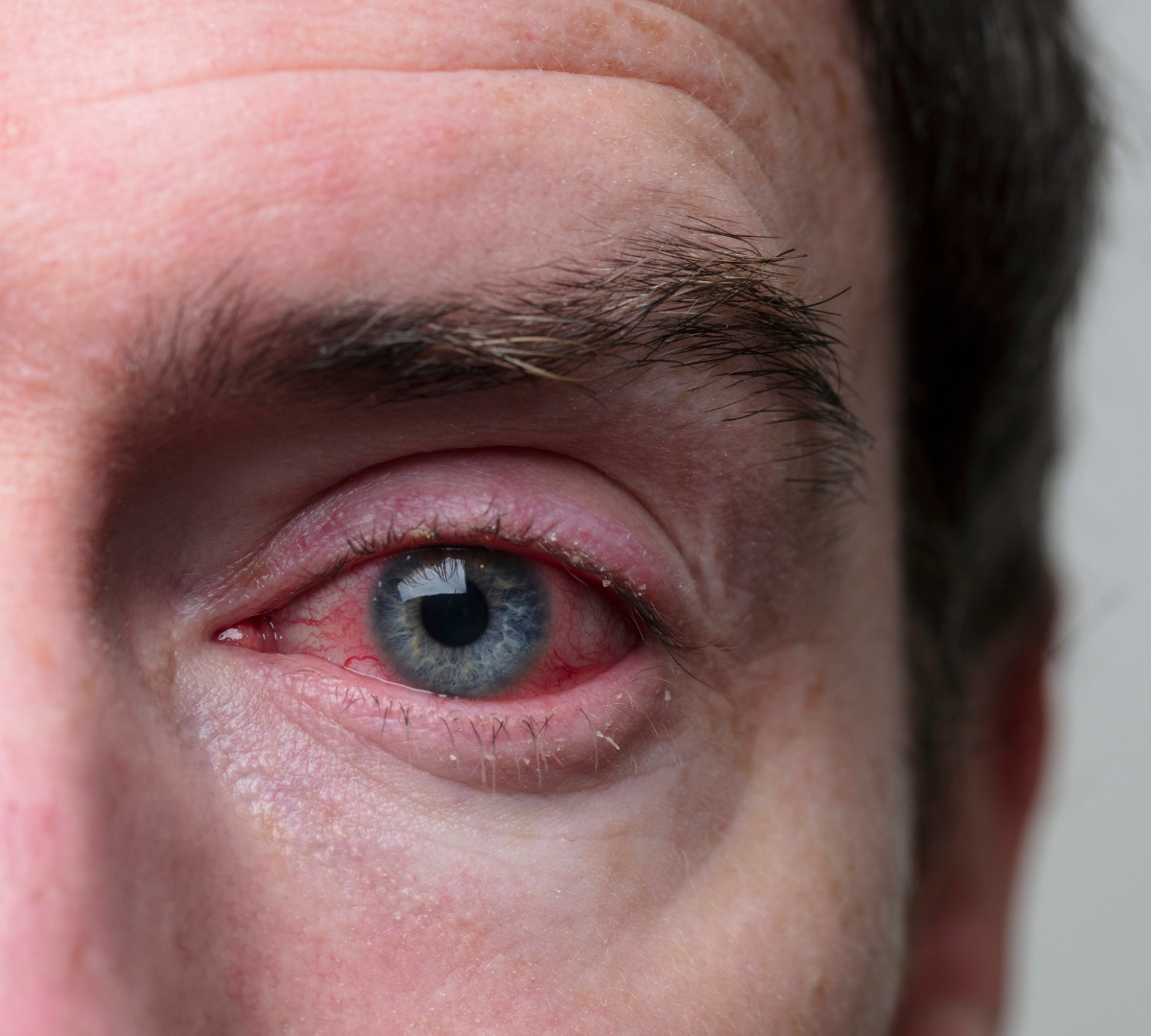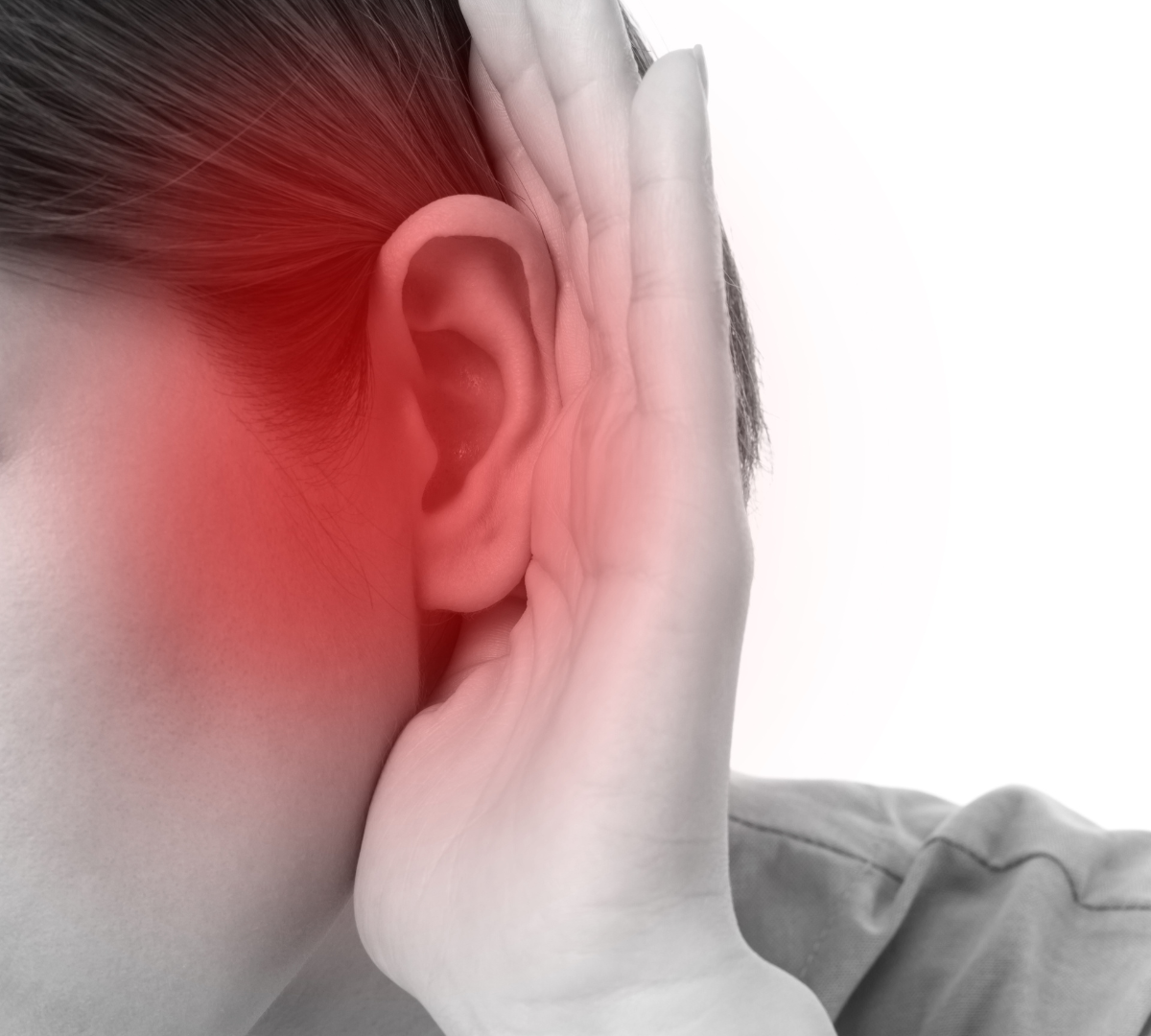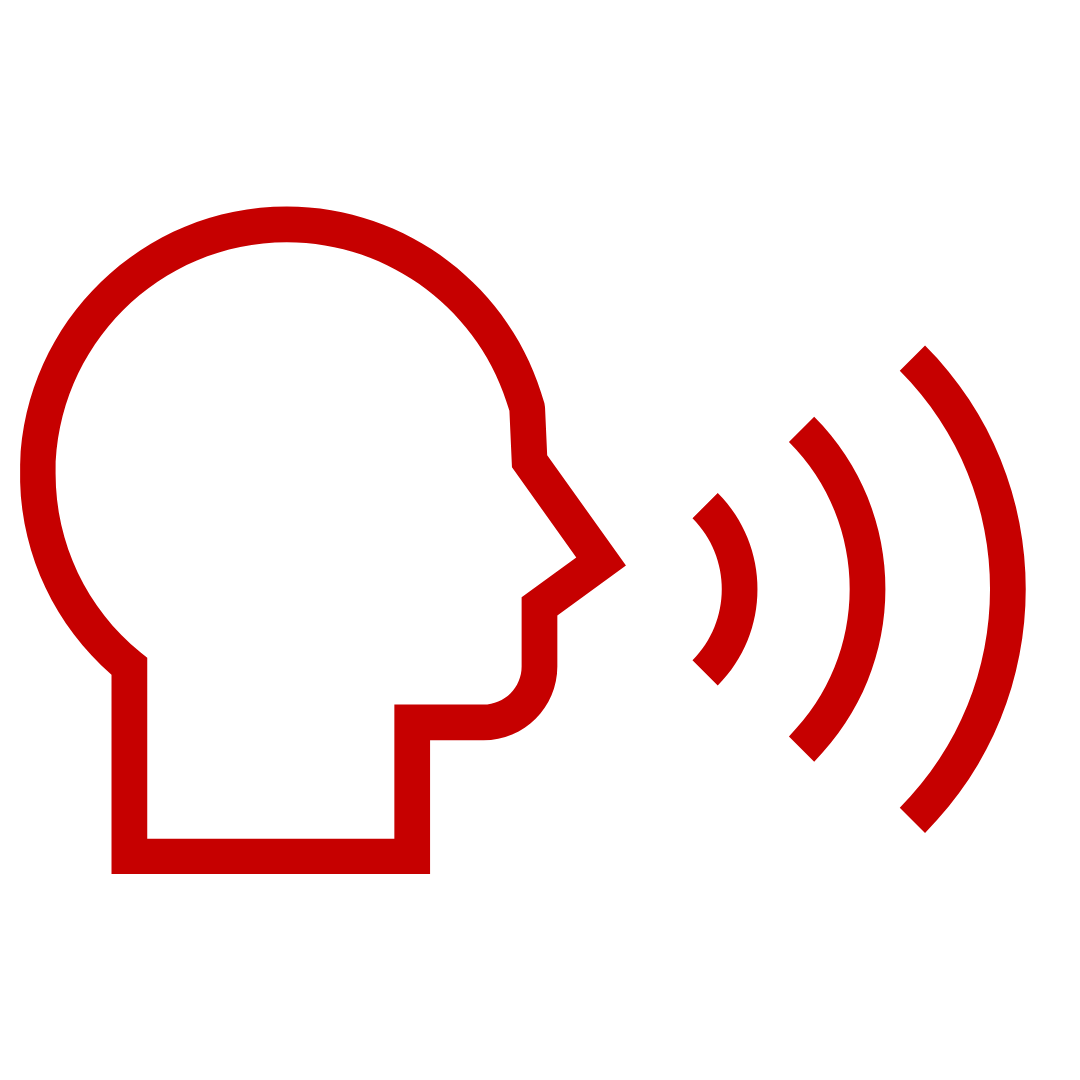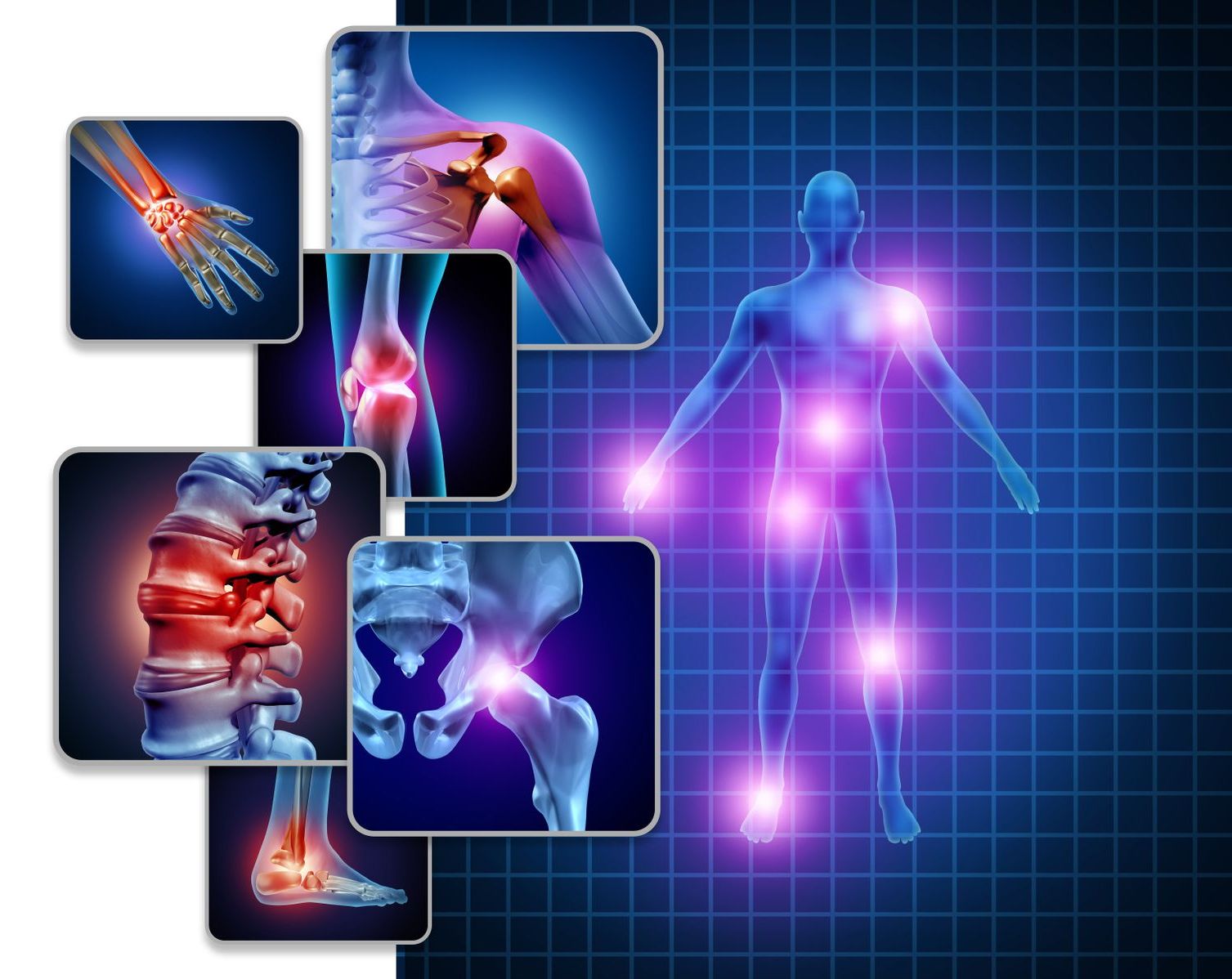- HOME
- ABOUT US
- WHAT IS AiARTHRITIS
- Diseases
- Rheumatoid Arthritis (RA)
- Psoriatic Arthritis (PsA)
- Systemic Lupus Erythematosus (SLE)
- Sjögren's Disease (SD)
- Axial Spondyloarthritis (AxSpA)
- Crohn's Disease
- Sarcoidosis
- Relapsing Polychondritis (RP)
- Systemic Sclerosis/Scleroderma (SSc)
- Behcet's Disease (BD)
- Palindromic Rheumatism (PR)
- VEXAS
- Antisynthetase Syndrome (ASS)
- Mixed Connective Tissue Disease
- JIA
- Familial Mediterranean Fever (FMF)
- HIDS (hyper-IgD syndrome, a mevalonate kinase deficiency)
- Cryopyrin-Associated Periodic Syndromes (CAPS) - Familial Cold Autoinflammatory Syndrome, Muckle-Wells Syndrome
- Schnitzler Syndrome
- Chronic Nonbacterial Osteomyelitis (CNO)/Chronic Recurrent Multifocal Osteomyelitis (CRMO)
- Still's Disease
- All Diseases
- Diseases
- OUR WORK
- RESOURCES & TOOLS
- GET INVOLVED
- CONTACT US
Cryopyrin-Associated Periodic Syndromes (CAPS)




How to pronounce it:
Cryopyrin-Associated Periodic - cry-oh-pEYE-rin
AiArthritis defines Cryopyrin-Associated Periodic Syndromes as:
Cryopyrin-Associated Periodic Syndromes (CAPS) are a group of rare genetic disorders characterized by recurrent episodes of inflammation and related symptoms. CAPS is caused by mutations in the NLRP3 gene, which provides instructions for making a protein called cryopyrin. Cryopyrin is involved in the regulation of the immune system, specifically in the process of inflammation.
There are three main conditions within the CAPS spectrum, which vary in terms of severity:
- Familial Cold Autoinflammatory Syndrome (FCAS): This is the mildest form of CAPS. Symptoms are triggered or worsened by exposure to cold temperatures. Patients experience rash, fever, joint pain, and other signs of inflammation during these episodes.
- Muckle-Wells Syndrome (MWS): MWS is a moderate form of CAPS. Symptoms are more persistent and may not always be triggered by cold exposure. Patients with MWS experience recurrent fever, rash, joint pain, and eye redness. Progressive hearing loss can also occur.
- Chronic Infantile Neurological, Cutaneous, and Articular Syndrome (CINCA) or Neonatal-Onset Multisystem Inflammatory Disease (NOMID): CINCA/NOMID is the most severe form of CAPS. Symptoms begin in infancy and include rash, joint swelling, chronic meningitis, and skeletal abnormalities. Neurological symptoms are also common, leading to developmental delays.
Symptoms
Symptoms of AiArthritis Diseases Regardless of Diagnosis



Common in All AiArthritis Diseases
- Periods of worsening symptoms are called flares. A flare can last for hours, days, weeks, or months.
- Condition improves with activity and exercise and worsens with rest.
- When inflammation is left uncontrolled due to lack of proper treatment, comorbidities can develop. 70% of patients with chronic, lifelong disease will develop comorbidities, including dual or triple diagnoses.
“Auto” Symptoms
- Severe fatigue or exhaustion that may not be helped by caffeine/stimulants and can happen even after a long period of rest.
- “Brain fog” - or periods of time where thinking gets clouded and it becomes difficult to concentrate.
- Flu-like symptoms, without having the flu- nausea, muscle weakness, and general malaise.
- Fever, typically low grade in autoimmune and higher grade in autoinflammatory (% strongly varies per disease).
Reference: Early Symptoms of AiArthritis Study, AiArthritis, 2019.
Inflammatory Arthritis Symptoms
- Severe stiffness in one or more joints, especially in the morning or after sitting for long periods of time.
- Episodes of joint pain that may last for hours, days, or even weeks, that can appear and disappear suddenly. Often described as “jumping pain” into different locations.
Typically the joint pain will coincide with one or more “Auto” symptoms and start and stop suddenly - for no apparent reason (which is called a "flare"). Some people will experience all of the above symptoms, others only a few. If you have any of the arthritis features, and at least one of the “Auto” features, please consult your physician about a referral to a rheumatologist.
Symptoms Often Associated with CAPS:
Familial Cold Autoinflammatory Syndrome (FCAS):
- Rash triggered by cold temperature (mostly on torso and limbs, but can spread)
- Muscle aches
- Eye Redness
Muckle-Wells Syndrome (MWS):
- Skin lesions
- Triggered by cold
- Amyloidosis
- Can develop hearing loss in teenage years
Chronic Infantile Neurological, Cutaneous, and Articular Syndrome (CINCA) or Neonatal-Onset Multisystem Inflammatory Disease (NOMID):
- Non-pruritic urticaria (non-itchy hives)
- Headache
- Bulging eyes or blindness
- Organ inflammation
- Hearing loss
- Repeated vomiting
- Symptoms start in infancy
- Neurologic symptoms (seizure)

What fellow patients want you to know
Do you have a CAPS syndrome? Let us know what YOU would want those others or those who are not yet diagnosed to know!
More About CAPS
Diagnosing CAPS

There’s no single definitive test that can confirm a CAPS diagnosis, so rheumatologists look at a combination of physical exam, blood and urine tests, genetic testing and imaging (MRI), along with a family history of autoimmune or autoinflammatory disease. For CAPS diagnosis, skin biopsies, lumbar punctures, hearing and eye tests are also performed if further testing is needed.
Other Resources
In an effort to ensure this page has the most accurate and up-to-date information, this page is currently awaiting medical review. Some information is subject to change.
Page Last Updated: 9/1/2023
Sign up for our newsletters
International Foundation for AiArthritis
6605 Nottingham Ave.
St. Louis, MO 63109-2661
Toll Free: 1-877-609-4226
Text: 1-314-282-7214
Copyright 2024. All rights reserved. Information on this site is intended for informational purposes only Our foundation does not engage in the practice of medicine. Please consult a physician to obtain personal healthcare and treatment options. 501(c) 3 Nonprofit Tax ID: 27-1214308.


